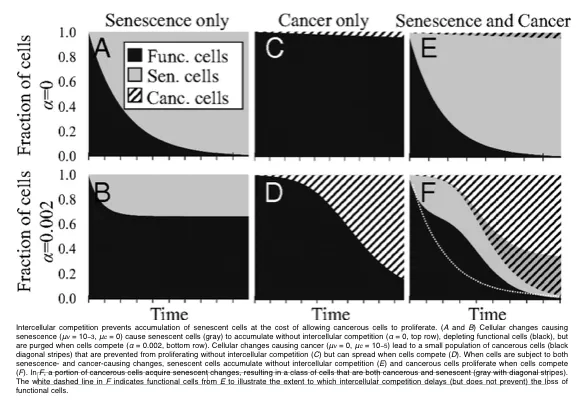
It goes without saying that during all the history people were trying to solve the issue of immortality searching for different secrets and actions. Can you imagine that the issue of everlasting life was discussed already in the times of Sumer and that was in about c. 4500 BC!
As we all know still there is no any answer to the aenigma. Furthermore, the recent researches done by Joanna Masel (biologist from the University of Arizona) and Paul Nelson (postdoctoral student) claim that it is impractical to cancel aging in multicellular organisms. The main word in the previous statement is «multicellular» giving a hint that huge amount of cells cannot function the same way continuously. The two researches published their study and conclusions in the Proceedings of the national Academy of Sciences.
Inevitability of aging is not even a logical and theoretical issue, but mathematical as well, — Masel assures. The thing is that in a multicellular organisms cells continually reproduce and restore themselves, but with time passing they cease functioning in a proper way and finally die. Saying «a proper way» means, for instance, turning hair gray because cells do not make pigment any more. At the same time, there are more active cells that reproduce much faster and can create cancerous cells. Of course, this leads to mutations and bad formations in the body. This is known as natural selection which turns out to be somehow deficient. By the way, each older person possesses cancerous cells, just they do not cause symptoms in a lot of cases.
To consider the issue at its full the researches made an assumption that it might be possible to withdraw theoretically low-functioning cells. For this reason they created a mathematical model copying cells rivalry that showed that deleting slow cells would increase work of other cells that might be cancerous. And vice versa, if to withdraw cancel cells that could lead to production of sluggish cells. This understanding forms a double bind which is called «catch-22».
From the mathematical point of view, only one action can be done between these two: either to liquidate slow cells or cancerous ones. And if it were possible to exclude sluggish cells, the body would continue to age as cancer cells are likely to «cheat» in the process of the contest and win over other healthy cells.
What Masel and Nelson suggest is the argument that the body actually is destructed by the battle between sluggish and cancerous cells and this process cannot be ceased. Moreover, Masel gives one more presupposition that one day everything breaks, no matter how hard one tried to keep things going.
So, in multicellular organisms aging occurs at two levels: cellular and intercellular. At the second level there should be a strong cooperation between cells to provide homeostasis. The fail of good cells vitality and intercellular cooperation make the organism grow obsolete. Unfortunately, this is inevitable and natural process.
Enjoy your life as much as you can and keep your body healthy!
